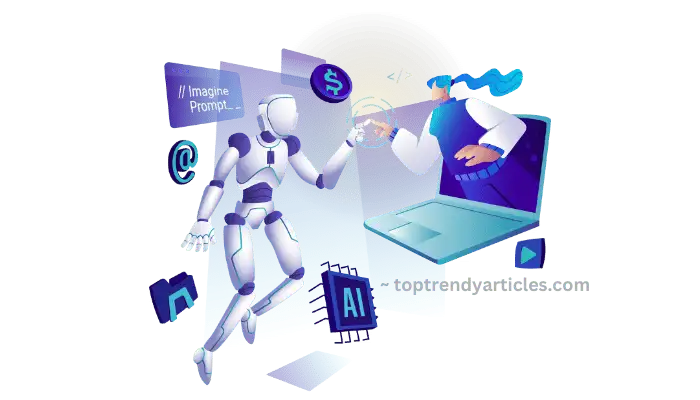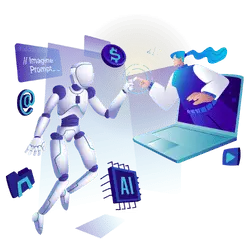That future by definition is the realm of those who welcome innovation and technology. With changes in job roles, new skills will become important to upgrade yourself for the future. Of the many advancements, the rise of Artificial Intelligence (AI) has literally turned things around for the better in various industries. AI is changing the game by driving new levels of efficiency and helping solve some impossible problems, from speeding up drug discovery in healthcare to fine-tuning traffic flow through cities. This can help professionals understand how AI might be able to solve their problems better, and thus they would have an upper hand in their fields. In this regard, here are five important skills to keep you afloat in the AI-driven world from Vandana Negi, L&D Head, NIIT Ltd.

- Data Fluency: This is the most critical capability for today’s professionals because to AI, data equals sustenance. A: Command of all stages—from collecting data, to exploring and brushing it up afterwards; after that—final interpretation is a must. Learning how spy tools use data processing to mine and process the information you need (for example, Pandas library on Python for wrangling, SQL querying databases or advanced analytics advising businesses based on every little piece of insight trapped in your game material) is no longer a handful technical package-flipping skill. This fluency in data allows professionals to leverage the real potential of data for insight and impact on an organization.
- Machine Learning and Deep Learning: What you should know about Machine Learning (ML) and Deep Learning (DL) are the underpinnings of AI that makes it possible for a system to learn on its own, unassisted. With ML algorithms, the computer is trained on data and it eventually learns patterns from them without being programmed explicitly. ML expertise includes choosing the algorithm, training a model, and evaluating it. Commonly used for tasks like image recognition and natural language processing, it relies on more complex neural networks to process enormous amounts of data. Deep learning is a subfield of machine learning. In order for practitioners to take advantage of this power, it is important that they be exposed to deep learning frameworks which will allow them to deploy these models.
- Critical Thinking and Problem-Solving: As powerful a tool as AI might be, it is useless without critical thinking abilities or problem-solving capabilities. They need to pinpoint business problems that AI is uniquely placed to address, determine feasibility, and develop ideas. We use critical thinking to have a conversation with them, establish the complexities of implementing AI (and other emerging technologies), where they may run into trouble and help set strategies for success.
- Business Understanding, Communication, and Collaboration: Artificial intelligence professionals need more than computer programming knowledge; business understanding, communication, and collaboration matter just as much. This preparation helps them communicate efficiently AI concepts and solutions to non-technical stakeholders, thus safeguarding the strategic goals of a company. Alignment of technical complexity and business purpose help in evolving solutions which are not just technically sound but also strategically benevolent. Such alignment facilitates integrated multi-disciplinary collaboration—including data scientists, enabling AI engineers and marketers with business executives to bake in AI into the organizational fabric to propel collective success agenda.
- Ethical Considerations: As AI enters every industry, the right question is not can we build it but should we. They have to be really on top of what the bias and ethical implications could be too for responsible development. This includes enabling trust by instilling the principles of fairness, accountability, and reliability in AI products and decisions. Including an awareness of privilege, recognizing the boundaries we put in place that prevent the inclusion of diverse perspectives leads to building trust and adoption among users and stakeholders for these AI solutions.
Conclusion:
The future is ripe with opportunities powered by Artificial Intelligence (AI). It is, by all means, only going to serve you professionally and in a greater sense being competent of browsing through the ever-changing market dynamics across industries. AI fluency gives professionals an edge to get better faster and the responsible leveraging of AI opens up unlimited space for innovation in our future. It all boils down to realizing what is possible with AI and how we can explore endless opportunities.


